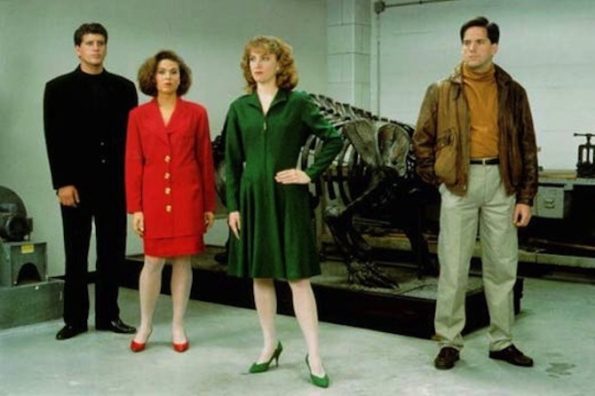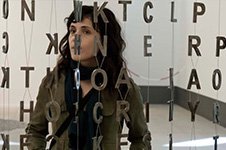Search
To search for an exact match, type the word or phrase you want in quotation marks.
A*DESK has been offering since 2002 contents about criticism and contemporary art. A*DESK has become consolidated thanks to all those who have believed in the project, all those who have followed us, debating, participating and collaborating. Many people have collaborated with A*DESK, and continue to do so. Their efforts, knowledge and belief in the project are what make it grow internationally. At A*DESK we have also generated work for over one hundred professionals in culture, from small collaborations with reviews and classes, to more prolonged and intense collaborations.
At A*DESK we believe in the need for free and universal access to culture and knowledge. We want to carry on being independent, remaining open to more ideas and opinions. If you believe in A*DESK, we need your backing to be able to continue. You can now participate in the project by supporting it. You can choose how much you want to contribute to the project.
You can decide how much you want to bring to the project.

Daniel García Andújar presents Photo Collection in the gallery Casa sin fin, in Madrid: a set of photographs that came about in 1996, as a result of visits he made to different web pages that referred to the word “photography”, which he ended up storing in the cache memory of his computer. Afterwards, he printed and placed these very images in the virtual space, thereby calling into question their authorship, origins and ownership.
For the exhibition, Daniel García Andújar has recuperated these photographs from his computer, selected and printed them on a small scale and in a low resolution, just as they were stored. They are representations of bodies that don’t follow any specific hierarchy, where we find images that remit to the history of photography, to popular culture and even to pornography, due to the lack of precision that search engines had then and the difficulty of finding images at that time on the web.
Aside from the decision of the artist to show these images in a context distinct from the one for which they were designed – the internet – and in a physical rather than virtual format, the photographs belong to a project that remits us to a future that has already happened but which is still present. The collection forms part of a more wide-ranging and ambitious piece that Andújar created, in 1996, the already mythic Technologies to the people ®, lodged in the space Irational.org, of the an-artivist Heath Bunting. Technologies to the people was a fictitious company in the form of a web platform where the artist supposedly brought technology to the disadvantaged, which, through the known hacker slogan “information wants to be free”, questioned the legal limits of information, the supposedly world wide access to the web, as well as its supposed interactivity.
In those years, at the beginning of the nineties, a “new art” emerged destined to fulfil the promises of the avant-garde and utopian Situationists, though, as one might expect, it would remain just that, utopias or future-utopias. Daniel Garcia Andújar, alongside many other artists and collectives, among whom, Luther Blisset, the group RTmark, The Yes Men, Critical Art Ensemble and Antoni Muntadas with his project The File Room, at that time, began to question the web and the promises of democratization that had arisen out of it, through art practices and direct action in the virtual environment.
The euphoria was brief and the majority of us arrived late. In 1999, five years after the art collective Critical Art Ensemble proclaimed that the streets were dead and that they were shifting their field of action to the cybernetic motorways, the poet and activist Hakim Bay said goodbye to the web, during the Sessions “Incidences and dissidences, Cyber-culture utopias and anti-utopias”, organised by the University of Alicante. “I expected more, as did many others” were the words he chose with which to say goodbye to a virtual space that had frustrated its neo-libertarian expectations, when many of us had still yet to discover what the Internet was, create our first email account and stutter our way through our online chats.
Internet makes possible new forms of relating to each other, organising ourselves, and accessing information that was previously unthinkable, though as Daniel Innerarity observes, “the fact that power is decentralised or diffused, does not mean that there is less power, that we are freer and that democracy is of a better quality”. However, unlike Bay, today we can state that we expect more and that there are more of us, many more, – inside and outside the web-, even if we are still not capable of announcing “we are” or, as yet, understanding its true reach.

Rosa Naharro endeavours to think about the present, considering its distinct contexts, through culture and contemporary art. Looking at exhibitions, writing, reading, film, music and even conversations with friends serve as her tools. Understanding and interpreting “something” of what we call the world becomes a self-obligation, as well as taking a certain stance, that doesn´t distance her from it. She combines writing for A*Desk with writing her doctoral thesis at the UCM and working with cultural management projects.
"A desk is a dangerous place from which to watch the world" (John Le Carré)